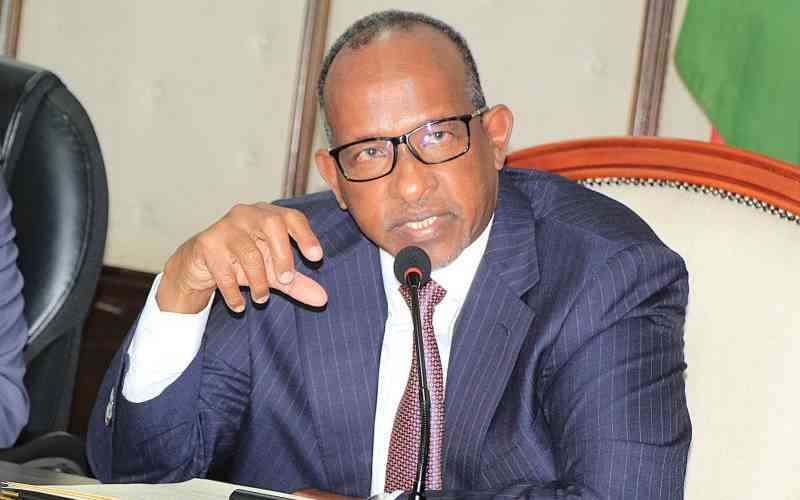The government has pledged a major policy shift to recognise, include, and protect individuals living with invisible disabilities. This follows a petition highlighting the neglect and exclusion of people with such conditions in national policies and service delivery.
Officials assured that steps are being taken to identify legislative gaps and propose changes that guarantee access to quality healthcare and essential services for all Kenyans, including those with invisible disabilities. These conditions include neurological, cardiac, and autoimmune disorders, which are often overlooked due to their non-visible nature.
The petition called for the inclusion of invisible disabilities in policy frameworks, representation for affected individuals, and guaranteed access to medicine, treatment, and financial support. It also highlighted the urgent need to ensure a consistent supply of essential medicines in referral hospitals and to create opportunities for those living with these conditions.
Advocates argued that lack of awareness has resulted in widespread stigma, discrimination, job denial, social isolation, and even rejection in housing. Many patients require lifelong specialised care, including access to cardiologists and urologists, which is limited in public hospitals and prohibitively expensive in private facilities.
The petition also raised concerns about poor coordination between national and county governments, which has worsened the crisis of accessibility. It recommended that people with invisible disabilities be prioritised in universal health coverage and receive express services in hospitals, banks, and other public spaces.
Government representatives admitted the absence of accurate and inclusive data on persons with disabilities, especially those with invisible conditions. To address this, a new initiative will register and create a comprehensive database, supported by significant funding aimed at improving the accuracy of disability records.
In addition to policy reforms, measures are being introduced to tackle overcrowding in public hospitals. Facilities will be required to admit patients within their licensed capacity, and new infrastructure will be developed where needed to uphold patient dignity. Leaders emphasised that healthcare institutions exist to serve patients and that the well-being of citizens must remain the top priority.
This policy shift signals a crucial step toward equity in healthcare and social inclusion, ensuring that invisible disabilities receive the same attention and resources as visible conditions

